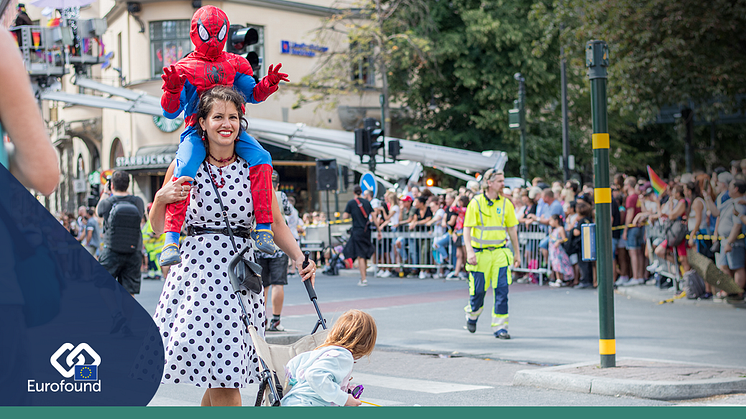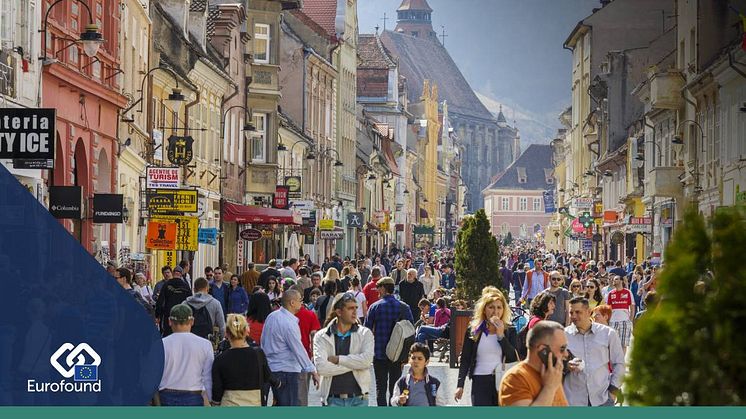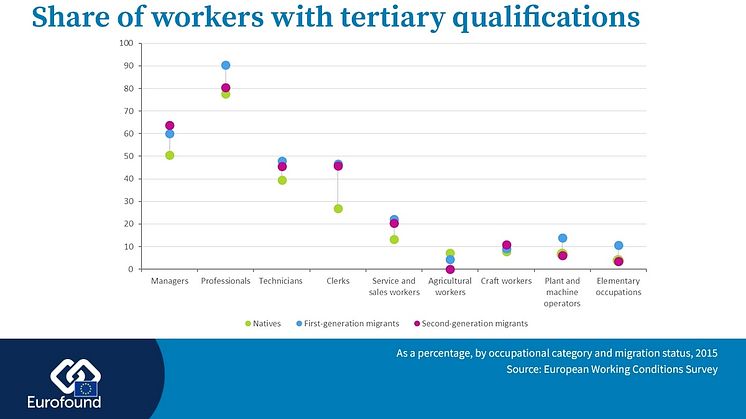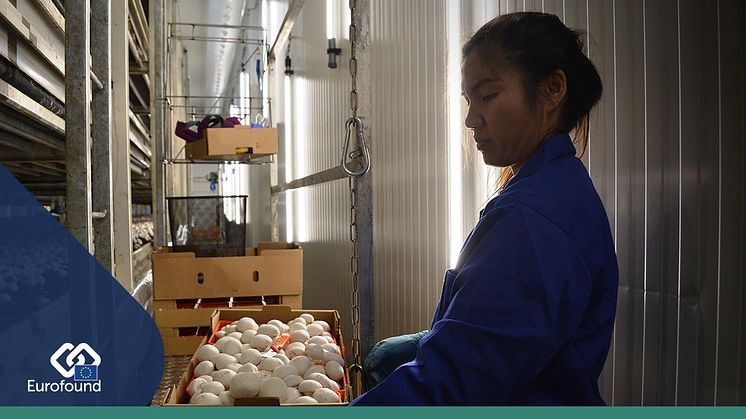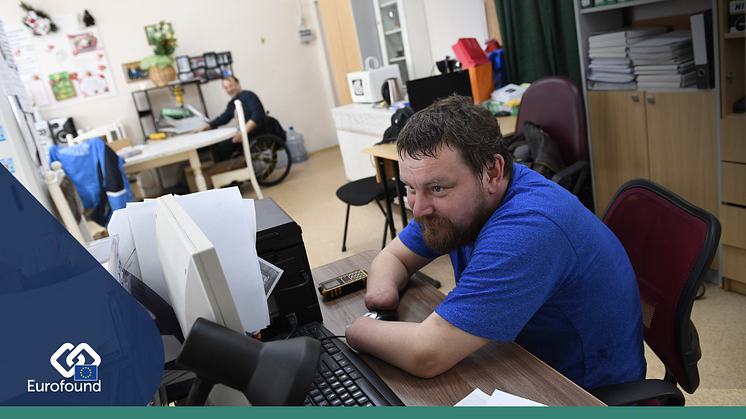People in Europe’s capitals more satisfied with their lives
People living in the capital cities in Europe generally have a better quality of life and report higher life satisfaction than those living in other parts of the country. Capital cities also have a larger proportion of people who report feeling being able to cope during times of hardship than other urban centres and rural regions.
